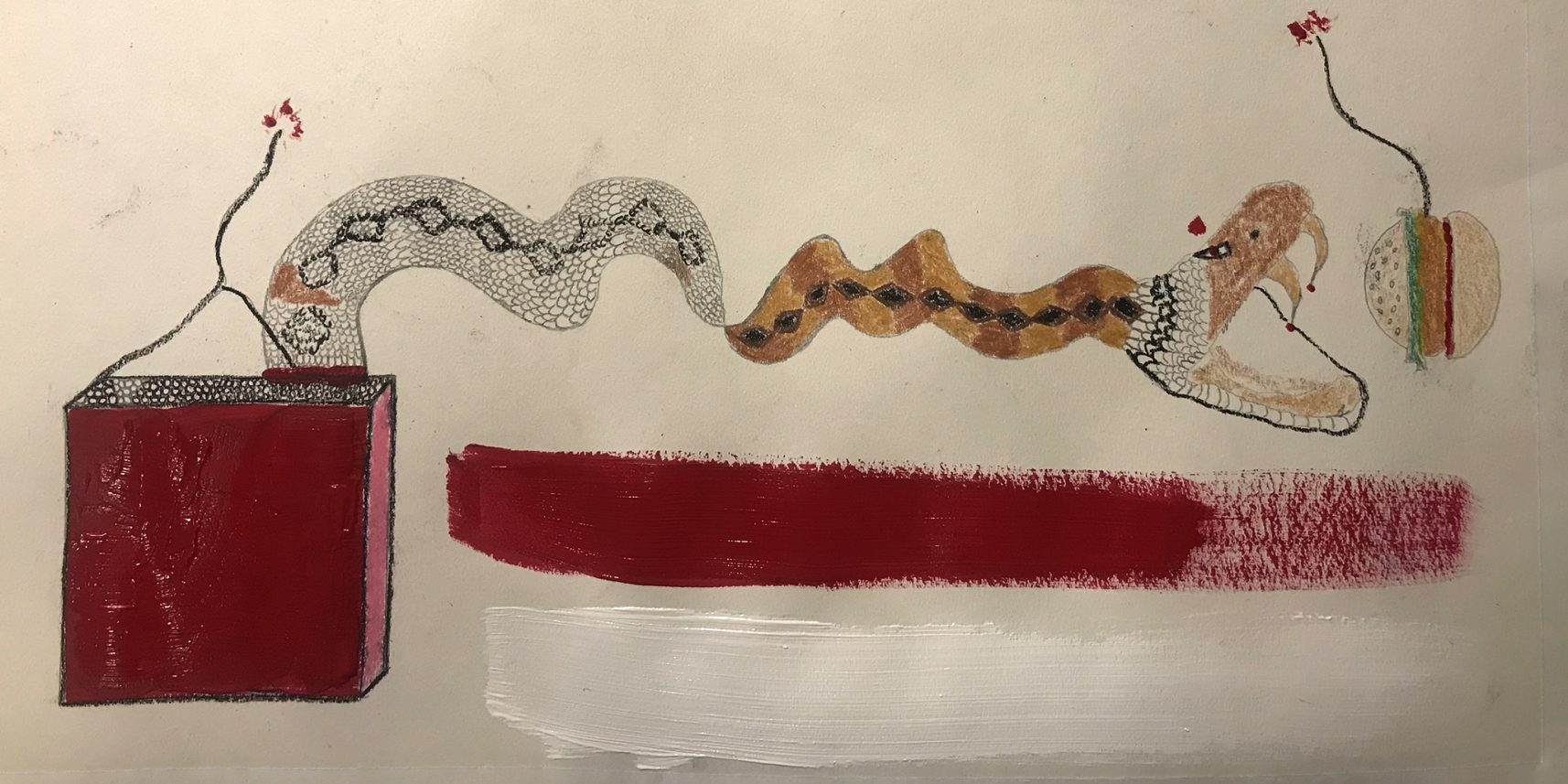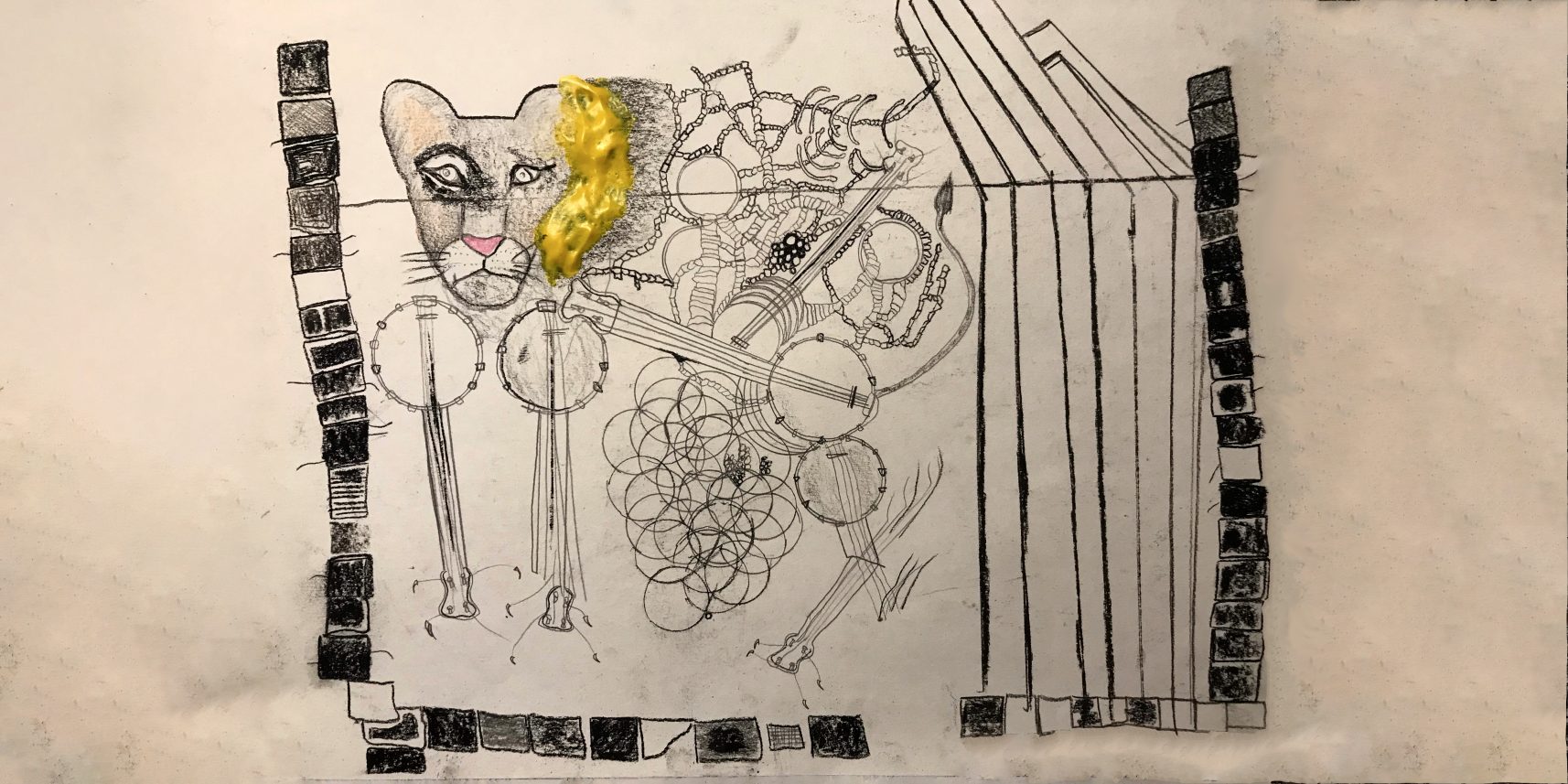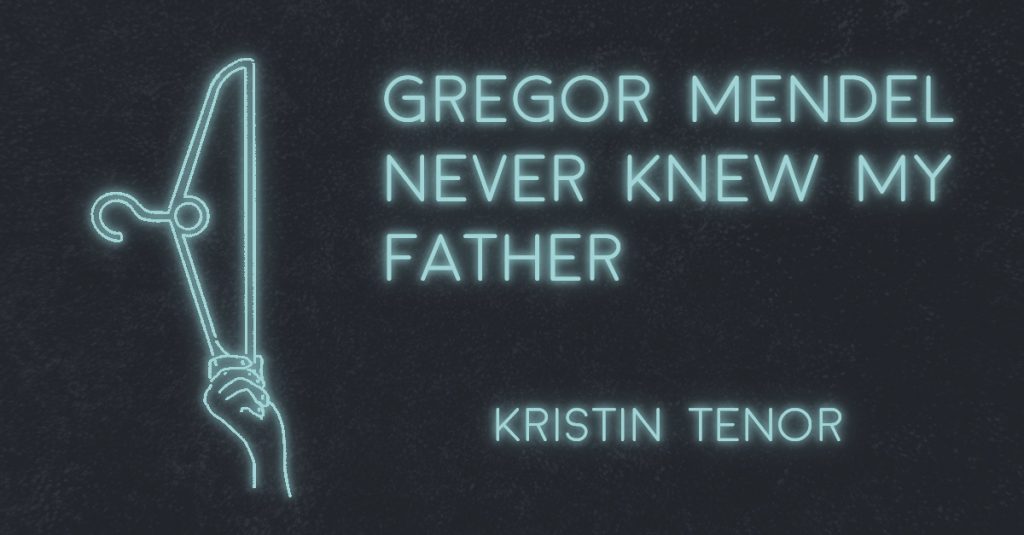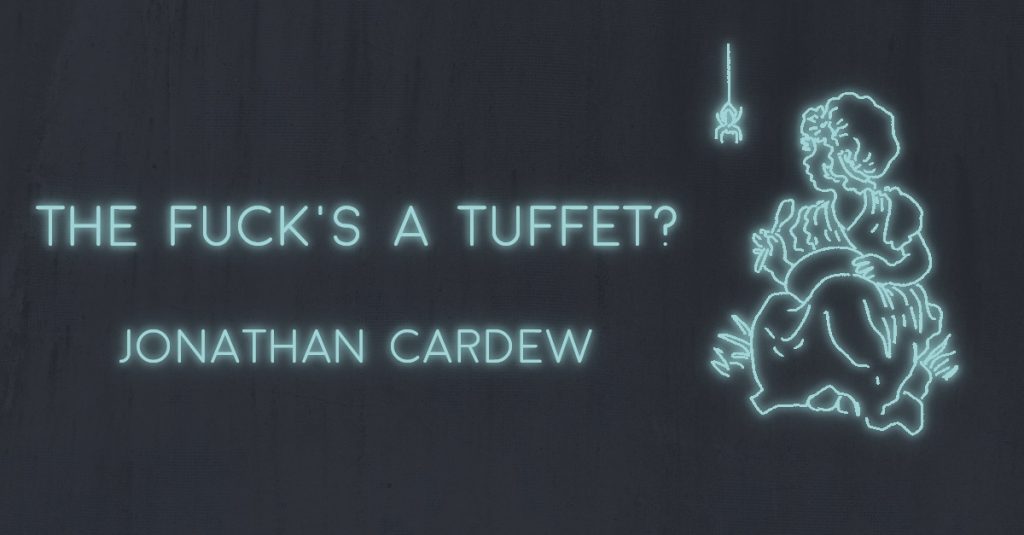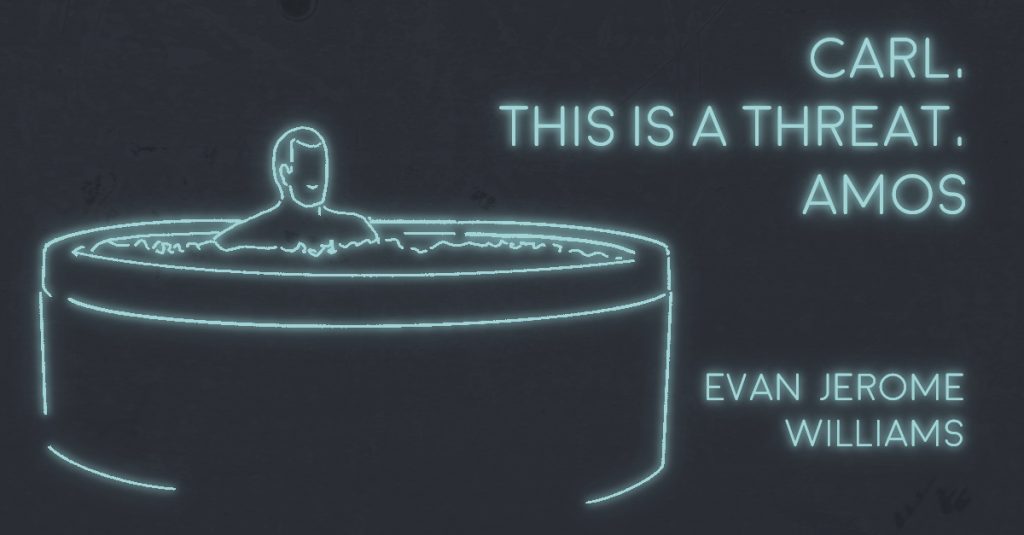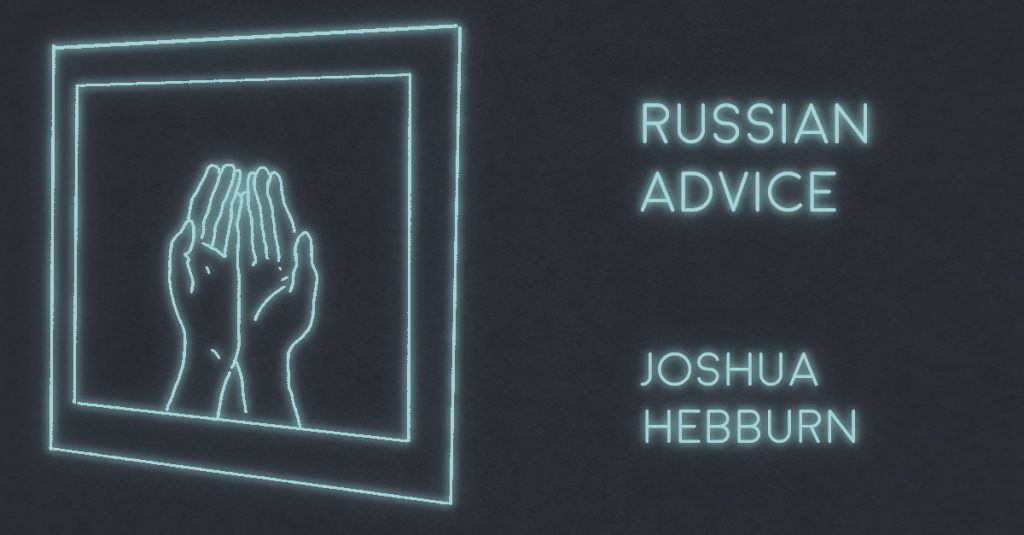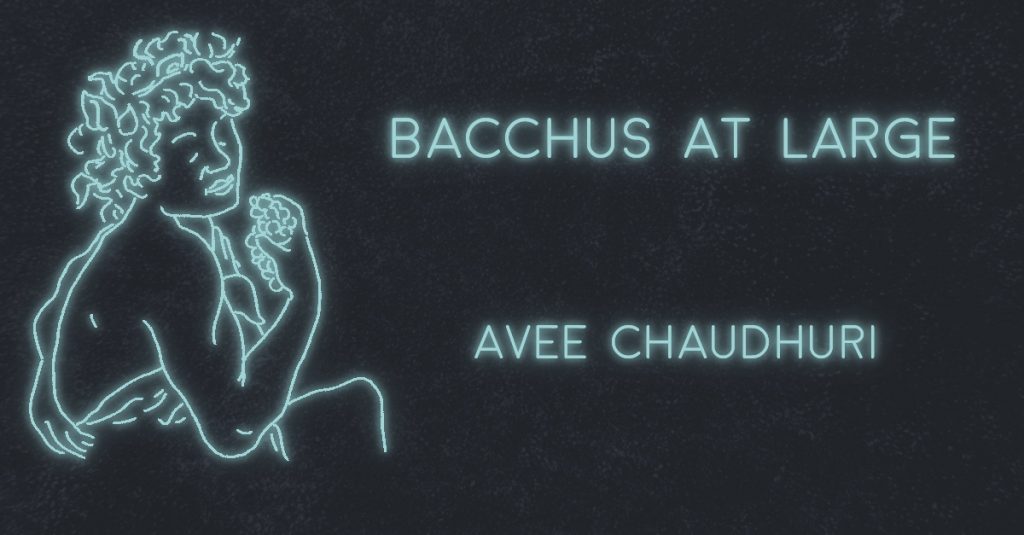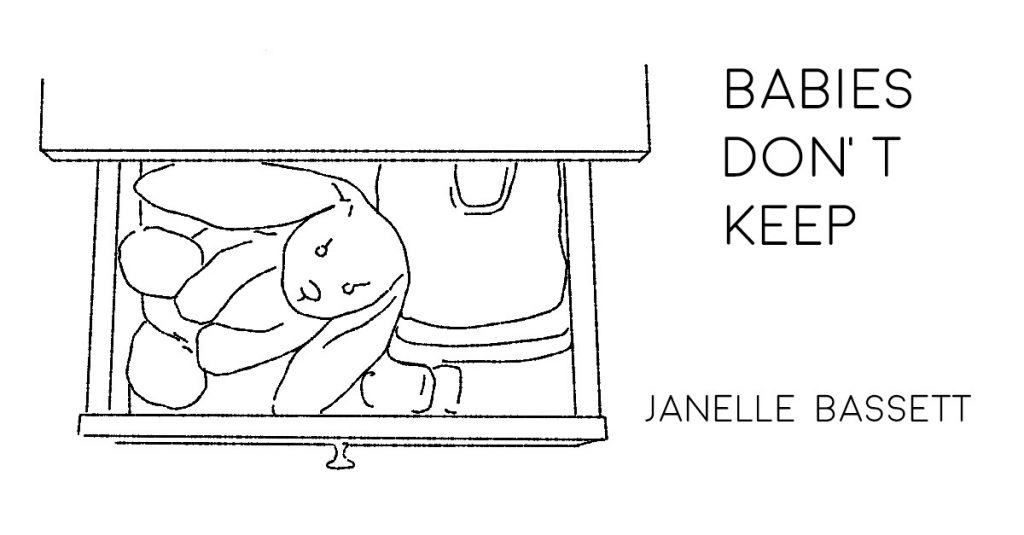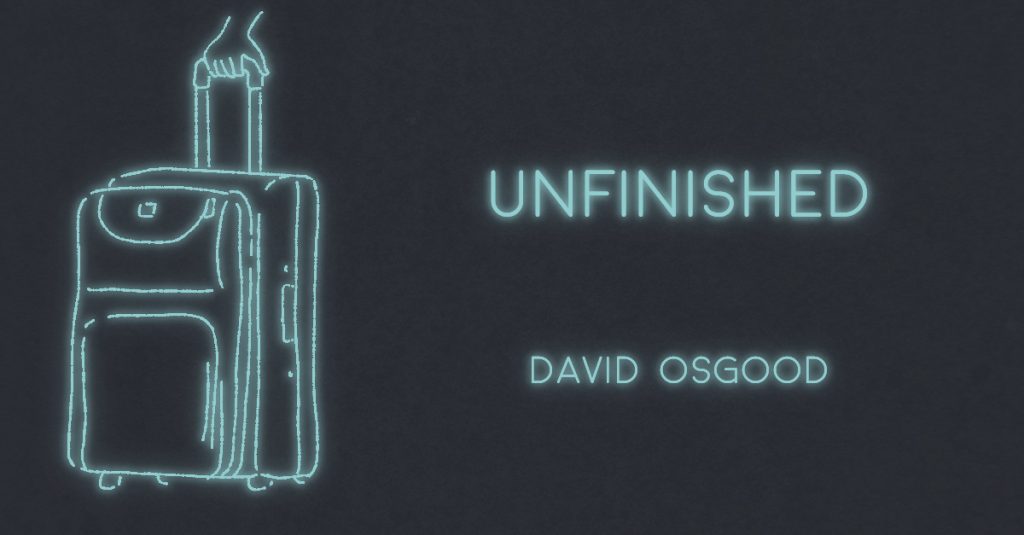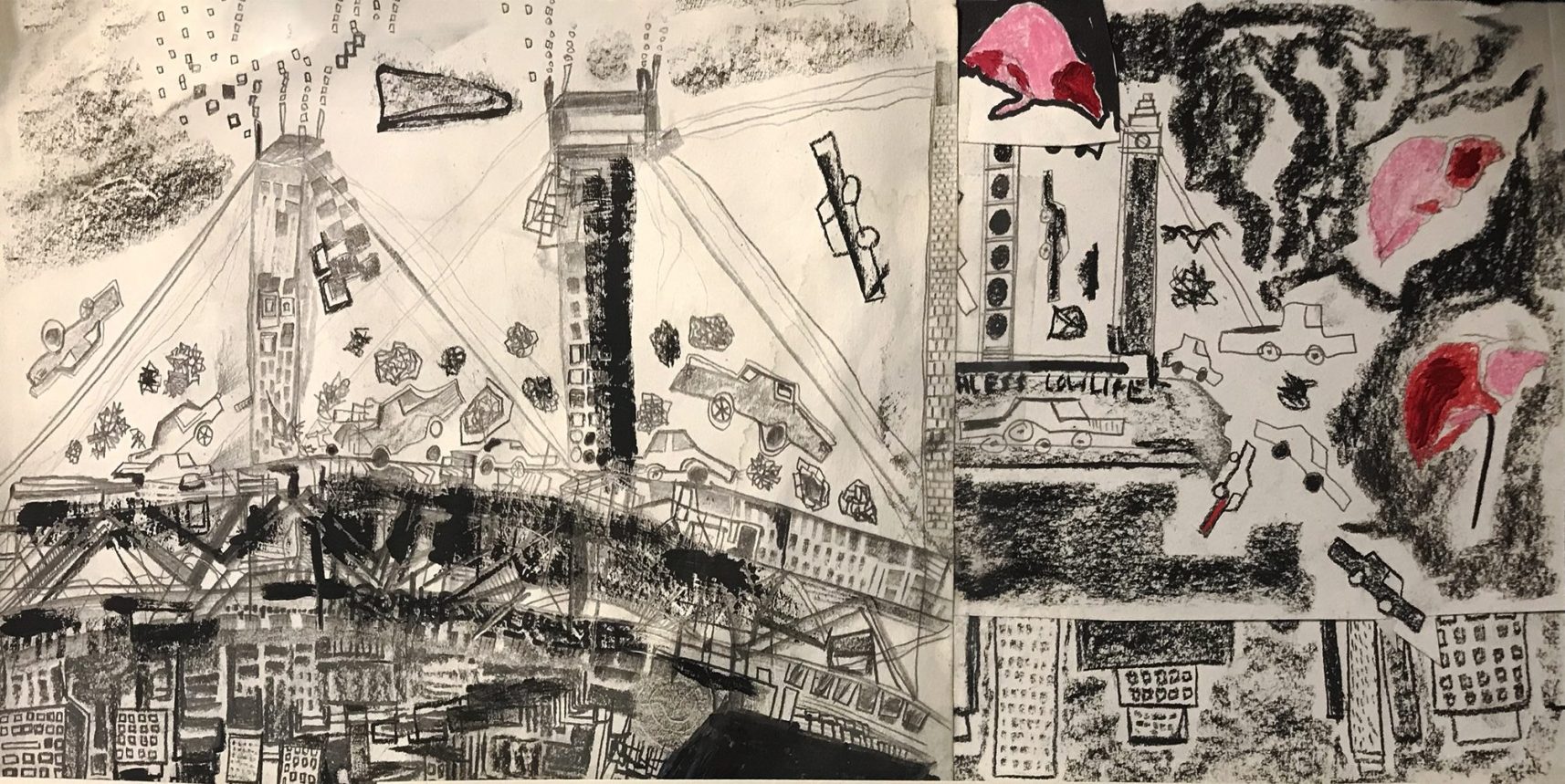
BIG DINKY ENERGY by Josh Sherman
You really need to figure out how to stop drinking so much. You could ask your doctor to refer a therapist or join some 12-step program. But you’ve got a better idea. It’ll just have to wait until the weekend, when you aren’t busy writing marketing copy for real-estate developers. *** ‘The Mulberry Estates are a charming collection of spacious single-family homes in leafy Elgin County.’ ‘Set to rise in Toronto’s vibrant Entertainment District, the Foxtrot is a luxurious 45-storey condo tower by the award-winning Mango Development Corporation.’ These are the sentences you’re paid to write eight hours a day,…

